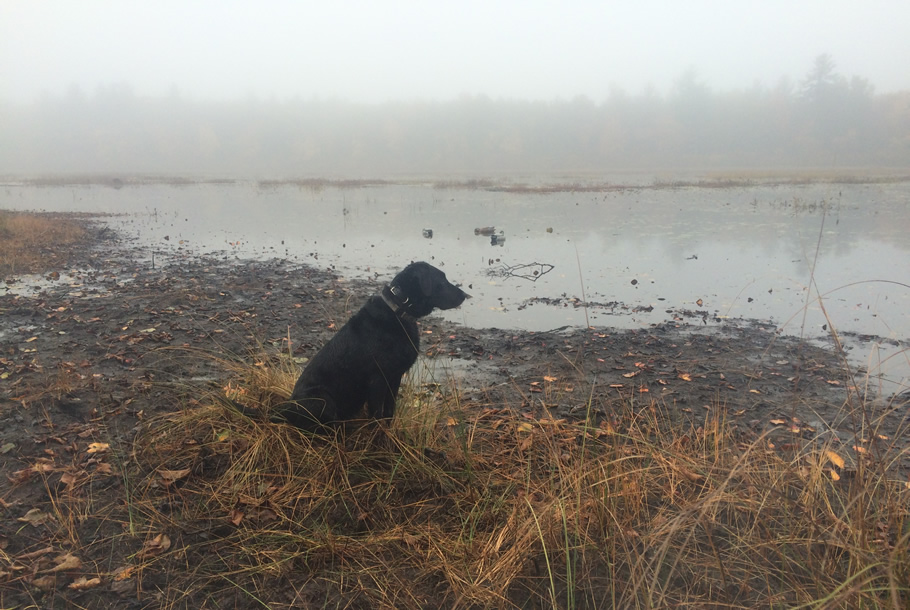10 Must Read General Comments
These tips are presented in random order short sentences to encourage a quick read, and then time and again re-reads.
- Never give a command you are not in a position to enforce. Any command. In the field. In your yard. In your kitchen. Get the idea?
- Whenever you give your dog a command, make sure he clearly understands what you want him to do. Dogs don’t read minds.
- But they do read eyes. When you really want to make your point – anywhere, anytime and especially a stern correction, get down and look right into your dog’s eyes and even hold his muzzle if needed. That direct, close eye contact helps make him understand he did not do good. If you’re wearing sunglasses, take them off because he can’t see your eyes!
- I have had some Labs that mark better than others. I believe some of that ability comes from good breeding because marking requires a brain capacity to focus and remember. But good marking also comes from repetition. The more you require your dog to mark, even on easy short retrieves, the more it becomes second nature for him to watch until you decide the reason for his watching is over. Teaching to mark also develops patience because while your dog is marking, he is not running; he is waiting for you to send him for whatever it was he has been patiently watching. Good marking helps your dog calculate distance from him to the point of the fall and keeps him running in a straight line to that spot. Of all my dogs, Ember noticeably has the best marking ability and I can tell you that it makes her a much more efficient retriever.
- When trying to impress a friend with your dog’s talent, keep the drill simple. Chances are your friend won’t know the difference and will be impressed by a successful simple retrieve while quite unimpressed by messing up a drill with a high level of difficulty. Trust me, I’ve been there.
- Do not play tug of war with a Lab at any age, especially young one, unless you want to be tugging and warring trying to take a real bird from his mouth.
- Labs are prolific chewers. Never allow a Lab to chew a bumper. Bumpers are not chew toys. And NEVER allow a Lab to chew a dead duck.
- Do not chase after your Lab, even when just playing; and especially when he is carrying something you want him to bring to you. Be strict about him coming to you when you call him whether playing in the yard or training in the field.
- Your dog best learns skills taught in small doses over time. Be patient.
- And lastly, always behave like a duck. Keep calm and cool on the surface and paddle like hell underneath.
